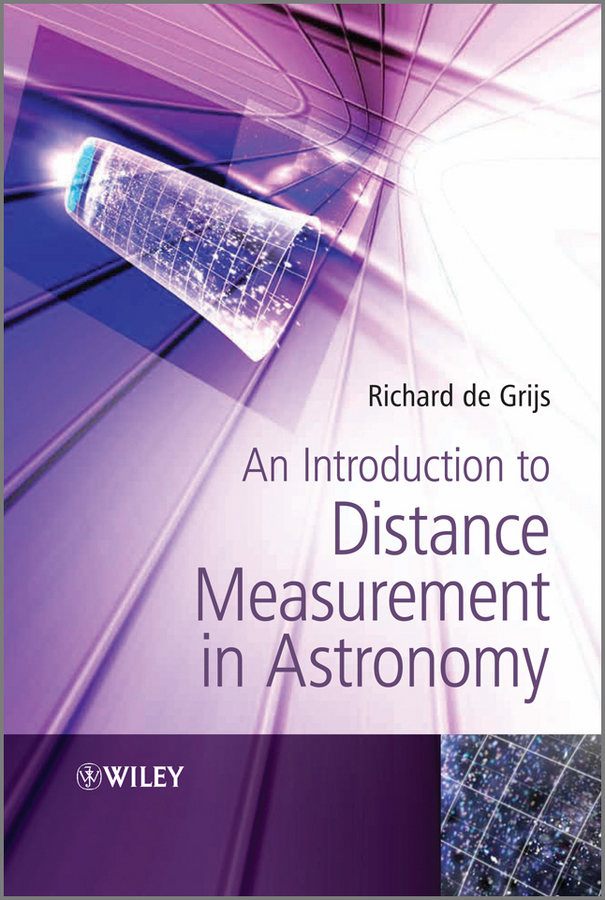Электронная книга: Richard Grijs de «An Introduction to Distance Measurement in Astronomy»

|
Distance determination is an essential technique in astronomy, and is briefly covered in most textbooks on astrophysics and cosmology. It is rarely covered as a coherent topic in its own right. When it is discussed the approach is frequently very dry, splitting the teaching into, for example, stars, galaxies and cosmologies, and as a consequence, books lack depth and are rarely comprehensive. Adopting a unique and engaging approach to the subject An Introduction to distance Measurement in Astronomy will take the reader on a journey from the solar neighbourhood to the edge of the Universe, discussing the range of distance measurements methods on the way. The book will focus on the physical processes discussing properties that underlie each method, rather than just presenting a collection of techniques. As well as providing the most compressive account of distance measurements to date, the book will use the common theme of distance measurement to impart basic concepts relevant to a wide variety of areas in astronomy/astrophysics. The book will provide an updated account of the progress made in a large number of subfields in astrophysics, leading to improved distance estimates particularly focusing on the underlying physics. Additionally it will illustrate the pitfalls in these areas and discuss the impact of the remaining uncertainties in the complete understanding of the Universes at large. As a result the book will not only provide a comprehensive study of distance measurement, but also include many recent advances in astrophysics. Издательство: "John Wiley&Sons Limited"
ISBN: 9781119978183 электронная книга Купить за 11707.11 руб и скачать на Litres |
Другие книги схожей тематики:
| Автор | Книга | Описание | Год | Цена | Тип книги |
|---|
См. также в других словарях:
astronomy — /euh stron euh mee/, n. the science that deals with the material universe beyond the earth s atmosphere. [1175 1225; ME astronomie ( < AF) < L astronomia < Gk. See ASTRO , NOMY] * * * I Science dealing with the origin, evolution, composition,… … Universalium
Astronomy — (from the Greek words astron (ἄστρον), star , and nomos (νόμος), law ) is the scientific study of celestial objects (such as stars, planets, comets, and galaxies) and phenomena that originate outside the Earth s atmosphere (such as the cosmic… … Wikipedia
Introduction to general relativity — General relativity (GR) is a theory of gravitation that was developed by Albert Einstein between 1907 and 1915. According to general relativity, the observed gravitational attraction between masses results from the warping of space and time by… … Wikipedia
ASTRONOMY — In the Bible Although the Bible contains no explicit mention of the science of astronomy, it nevertheless has many references to topics such as the laws of the heavens (Jer. 31:34 (35); 33:25; Job 38:33) and the movements of the sun and the moon… … Encyclopedia of Judaism
Cosmic distance ladder — * Light green boxes: Technique applicable to star forming galaxies. * Light blue boxes: Technique applicable to Population II galaxies. * Light Purple boxes: Geometric distance technique. * Light Red box: The planetary nebula luminosity function… … Wikipedia
Topic outline of astronomy — Astronomy is the science of celestial objects ( e.g. , stars, planets, comets, and galaxies) and phenomena that originate outside the Earth s atmosphere. It is concerned with the evolution, physics, chemistry, meteorology, and motion of celestial … Wikipedia
